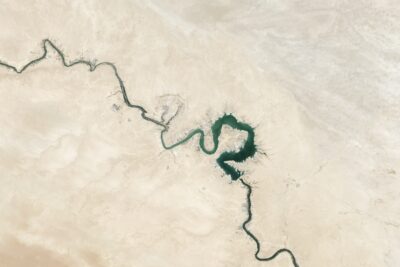
This article seeks to address four core issues: The position of kalam in Sunni Islam the Hanbali position concerning it its pros, cons and true purpose its relevance, if any, in today’s intellectually, faith challenging milieu – especially in terms of being able to offer cogent, articulate, Islamically-grounded responses to atheism and scientism. As for those theologians who are practitioners of kalam, they are called mutakallimun. In its more conjectural or philosophical form – a form where it does not play a supportive role to the textual-based conclusions of the Islamic Revelation, but rather infers positions from its own first principles – ‘ilm al-kalam is often referred to as speculative theology. Because it depends upon reason-based arguments, it is ‘discursive’: hence ‘ilm al-kalam is sometimes referred to as discursive theology.

Often rendered into English as ‘theology’, ‘ilm al-kalam (or kalam, for short) is the science which establishes and elaborates upon matters of doctrine and belief.

In this treatise Al-Hafiz Ibn Rajab al-Hanbali scholastically discusses the dangers of the hardness of the heart, its causes and how it can be treated in light of the Qur’an and the Sunnah.Kalam & the Hanbalis: Is It Really Relevant Today?

Dinar said: “A slave has never been punished with anything more severe than hardness of the heart.” And I seek refuge with You from deafness, dumbness, insanity, leukoderma, leprosy, and all chronic diseases.”Īl-Allamah al-Shawkani explained al-Qaswah here to mean hardness of the heart to the extent that it does not accept admonition, fear punishment or show mercy to those deserving of it. And I seek refuge with You from poverty, disbelief, shirk, disobedience, opposition to the truth, hypocrisy, seeking fame and showing off. “O Allah, I seek refuge with You from feebleness, laziness, stinginess, cowardice, senility, hardness of the heart], heedlessness, destitution, humiliation and privation. The importance of this topic is highlighted by the supplication of the Prophet ( sallAllahu alaihi wa sallam) where he sought refuge with Allah from the hardness of the heart:


 0 kommentar(er)
0 kommentar(er)
